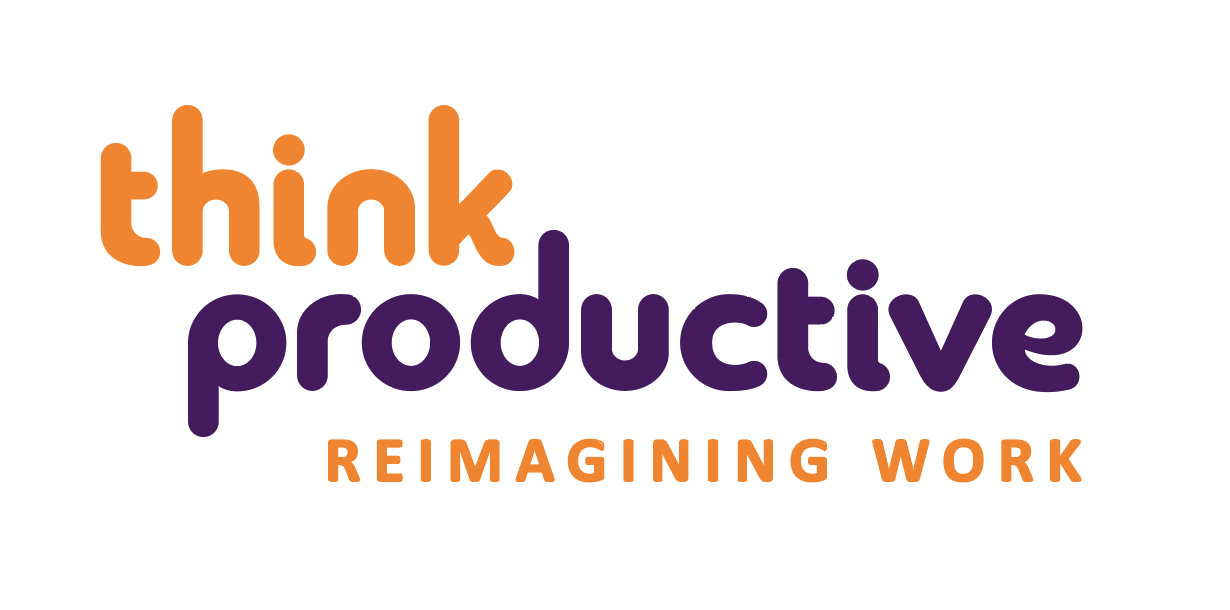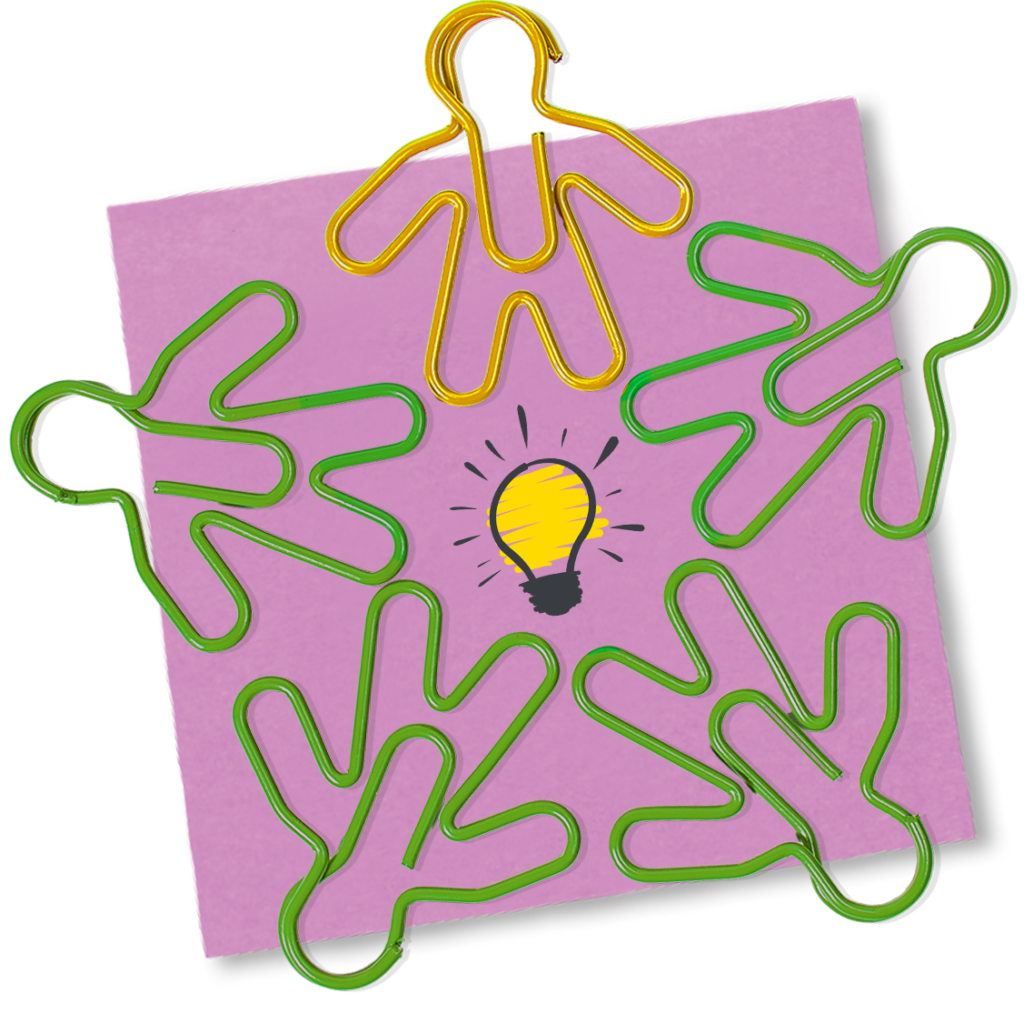Our brilliant Productivity Ninja Hayley Watts is an Expert Facilitator and is leading the way with our new service ‘Expert Facilitation‘.
But what actually is Facilitation? And how can it help your people? We asked Hayley that very same question…
What is Facilitation?

I think it’s a bit like ice skating, when it’s done well, it looks effortless, but when things go wrong it looks clumsy, you cringe and want to look away.
Perhaps you’ve had a situation where you have been in a meeting, things descend into chaos, there is no structure and people leave feeling somewhat confused about what just happened? Maybe a decision isn’t reached, or worse people leave with different understandings about what has been decided.
Facilitation is about leading a group of people to explore an issue or share ideas in a constructive way, that results in agreement on the way forward. For me, a good facilitator is about allowing everyone who wants to contribute to do so, while feeling safe to speak up. We like to think of facilitation as us providing a context or a framework allowing our participants to focus on the content of the session.
As an accredited facilitator, I try to be conscious of what is going on for different people in a group, introverts, extroverts, senior, more junior people, people who are new to the group, people who have been around for a while and seen it all before, those open to innovation, those nervous about change. And in different situations, we can all be one of those. As a facilitator, I want to be able to encourage everyone to have a say, to be heard, even if that involves different approaches for different individuals.
When is an external facilitator helpful?
- When you are bringing together new ideas, you want some creativity and less of the ‘but that’s how we do it around here’ type thinking.
- When the person who might usually facilitate or Chair a discussion should be involved in the conversation.
- When there are difficult issues to resolve, perhaps there is disagreement in a team or the way forward is unclear.
- When you want to explore new ideas and new approaches. Perhaps what you have been doing isn’t getting you the results that you would like. That usually means it’s time for you to change what you are doing.
What are your top tips for succesful facilitation?
Before the session:
Speak to people who will be involved. Understand the different issues and styles within the group. There may be some people who need specific things to be able to fully contribute.
Getting started:
Encourage everyone to introduce themselves, right at the start. Think about using PIP:
Purpose; perhaps you ask people to state their purpose, what they want to gain from the conversation. Or perhaps whoever is leading the meeting / facilitated session reminds everyone of the common purpose.
Introductions: Make sure everyone gets to know who is there, this is still important if the group of people have met a few times but not frequently. It can be easy to forget names, especially if you are meeting in person for the first time after 18 months of Zoom calls.
Positive; as part of the introductory round ask people to share something positive. You could give this a theme (eg work, non-work, something from this week etc). I find asking people to share something that they feel positive about relating to work or life outside of work is broad enough for everyone to have something to say. By starting on a positive note you set the tone.
The other reason that this approach works, is that it encourages everyone to speak. By speaking early on, it means people are a bit ‘warmed up’ so that if it comes to saying something controversial or that they feel won’t go down well with everyone it’s not the first time they have shared that and so it feels a little bit easier.
During the session:
- Value contributions from those that make them. You can do this by linking them back to the purpose, pulling out the key points or explaining why this is an important point. Sometimes simply thanking people is enough.
- If you feel the conversation is dominated by a small number you could divide people into groups, or ask for contributions from those who haven’t yet had a chance to share their ideas
- Don’t be afraid to acknowledge good points that don’t relate to the matter in hand. You can add these to a car park (a flip chart or white board) to capture and come back to later or outside of the session.
Closing:
How you end the session can have an impact on how people feel when they leave. There may be unresolved issues. Outline what will be done with that. Will there be a chance to come back to this? Be clear on the next steps and share successes. Ask everyone to say something about how the session has gone or perhaps what they are looking forward to. This gives everyone some closure.
Want to find out more?
If you’re planning a strategy day, want to develop a set of powerful values for your organisation or need some help facilitating difficult conversations, get in touch below to see how our Expert Facilitation service could help you and your people.


